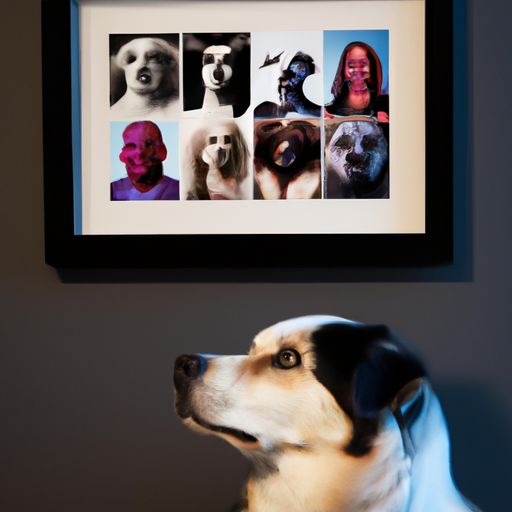You may often wonder about the nature of your pet’s memory. Can your beloved furry friend remember their parents, siblings, or even their previous owners? Here, we delve into the fascinating world of canine cognition, specifically focusing on the question, do dogs know who their parents are?
-
Table of Contents
- Scent: A Major Factor
- Experiments and Findings
- The Role of Socialization
-
Key Takeaways
-
Dogs primarily recognize others through scent.
- Early socialization plays a crucial role in recognition.
- Genetic memory might play a role.
Canine Cognition: An Overview
In understanding the breadth and depth of a dog’s memory, it is important to recognize that dogs perceive the world differently than humans. While we rely heavily on visual cues, dogs are scent-oriented creatures. Their long-term memory is primarily linked to their olfactory senses, rather than visual or auditory cues.
Scent: A Major Factor
A dog’s sense of smell is truly remarkable. It’s estimated to be between 10,000 to 100,000 times more acute than ours. This keen sense of smell is the key factor in dog recognition. Dogs can identify other dogs, humans, and even inanimate objects primarily through their scent.
This study published in Behavioural Processes reveals that dogs can distinguish between the scents of different individuals, whether they are other dogs or humans. This finding is vital in understanding whether dogs can recognize their parents or siblings.
Experiments and Findings
In an experiment conducted by the Department of Animal Behavior at the University of Colorado, it was found that puppies as young as two weeks old could identify their mothers by scent alone. However, as the puppies grew older and were separated from their mother, this recognition faded.
The fading of recognition over time can be attributed to a dog’s concept of “familiar” and “unfamiliar.” If a scent is no longer part of a dog’s daily environment, it becomes “unfamiliar” and less recognizable. This might explain why adult dogs often don’t recognize their parents or siblings after a period of separation.
For more related information on how dogs perceive their family units, you can take a look at these articles from One Top Dog.
The Role of Socialization
Socialization in puppies occurs between three to twelve weeks of age. This is a critical period when they learn to interact with other dogs, humans, and their environment. If puppies are with their parents during this period, it’s more likely that they will remember them in adulthood.
However, it’s essential to remember that these memories are not the same as human memories. Dogs do not reminisce or ponder about the past in the way we do. Their memories are more about familiarity and survival, rather than emotional attachment.
Frequently Asked Questions
- Do dogs recognize their siblings?
-
Just like with their parents, dogs may recognize their siblings based on scent, especially if they spent a significant amount of time together during their socialization period. However, this recognition may fade over time if they have been separated.
-
Do dogs miss their parents?
- Dogs live in the moment. They do not dwell on the past or anticipate the future. While they may feel a sense of loss when separated from their parents, it’s more about the disruption of their routine than emotional longing.
In conclusion, while dogs may not recognize their parents in the way humans do, their world of scent-based memories is fascinating. It’s a testament to the complexity of these creatures we are privileged to call our companions.



